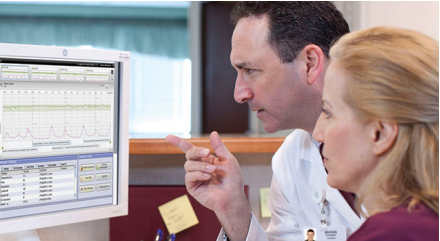Why Accept Tradeoffs? Have Both Your Enterprise EMR and Complementary, Functionally-rich Department Software
Healthcare providers across the globe are contending with multiple, unprecedented challenges. The incentives to deploy an enterprise electronic medical record (EMR) system are enticing, while impending penalties represent the proverbial stick. Patient safety, provider efficiency and cost-effectiveness also have taken on a new sense of urgency. Finally, evolving reimbursement and practice models, such as value-based purchasing and accountable care organizations, pose another previously unfamiliar variable.
Many feel that the EMR is central to the health of the enterprise and promises to meet many needs. However, as stakeholders drill down into individual departments, there are areas where the EMR may fail to address the specific workflow of the caregivers in those specialties. That’s why many healthcare leaders long for a hybrid IT solution that meets the goals of the enterprise while still addressing the specific needs of the caregivers throughout the organization. A survey conducted within a CIO focus group in 2013 found that 78 percent of the respondents indicated that their organization’s IT deployment strategy over the next 3-5 years included a mixed approach of an enterprise EMR balanced with specialty departmental software. The CIOs in the focus group also rated “enhancing interoperability/clinical integration” (as well as “accountable care organization alignment”) highest among their IT priorities over the next two years.
